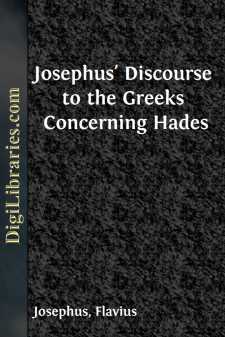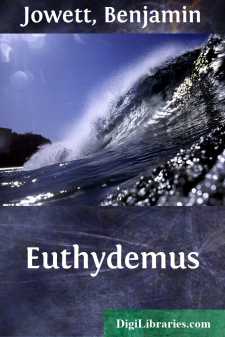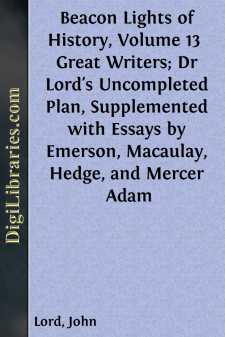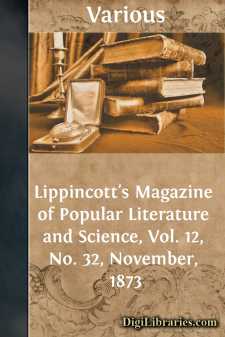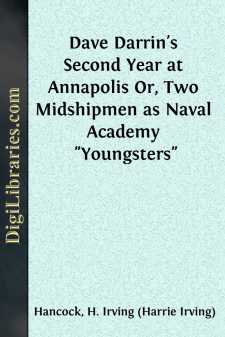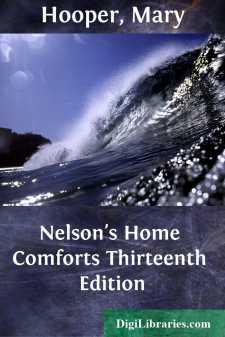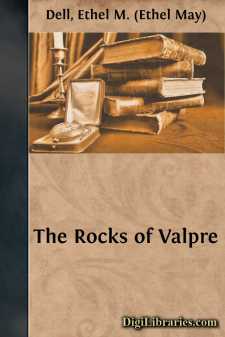Categories
- Antiques & Collectibles 13
- Architecture 36
- Art 48
- Bibles 22
- Biography & Autobiography 813
- Body, Mind & Spirit 142
- Business & Economics 28
- Children's Books 17
- Children's Fiction 14
- Computers 4
- Cooking 94
- Crafts & Hobbies 4
- Drama 346
- Education 46
- Family & Relationships 57
- Fiction 11829
- Games 19
- Gardening 17
- Health & Fitness 34
- History 1377
- House & Home 1
- Humor 147
- Juvenile Fiction 1873
- Juvenile Nonfiction 202
- Language Arts & Disciplines 88
- Law 16
- Literary Collections 686
- Literary Criticism 179
- Mathematics 13
- Medical 41
- Music 40
- Nature 179
- Non-Classifiable 1768
- Performing Arts 7
- Periodicals 1453
- Philosophy 64
- Photography 2
- Poetry 896
- Political Science 203
- Psychology 42
- Reference 154
- Religion 513
- Science 126
- Self-Help 84
- Social Science 81
- Sports & Recreation 34
- Study Aids 3
- Technology & Engineering 59
- Transportation 23
- Travel 463
- True Crime 29
Sort by:
by:
Flavius Josephus
1. Now as to Hades, wherein the souls of the of the good things they see, and rejoice in the righteous and unrighteous are detained, it is necessary to speak of it. Hades is a place in the world not regularly finished; a subterraneous region, wherein the light of this world does not shine; from which circumstance, that in this region the light does not shine, it cannot be but there must be in it...
more...
by:
Benjamin Jowett
INTRODUCTION. The Euthydemus, though apt to be regarded by us only as an elaborate jest, has also a very serious purpose. It may fairly claim to be the oldest treatise on logic; for that science originates in the misunderstandings which necessarily accompany the first efforts of speculation. Several of the fallacies which are satirized in it reappear in the Sophistici Elenchi of Aristotle and are...
more...
A Hero and A Great Man They say knowledge is power.Power walks with ambition.Ambition will devourA man without vision. Through a turbid town,A great man walks.Through a troubled town,A great man talks. He tells tales of bravery.On attention he feeds.With speech most savoryHe boasts of great deeds. He is well respected.He enjoys much recognition.He hopes to be selectedFor a prestigious position. He...
more...
by:
John Lord
1795-1881. CRITICISM AND BIOGRAPHY. The now famous biography of Thomas Carlyle, by Mr. Froude, shed a new light on the eccentric Scotch essayist, and in some respects changed the impressions produced by his own "Reminiscences" and the Letters of his wife. It is with the aid of those two brilliant and interesting volumes on Carlyle's "Earlier Life" and "Life in London,"...
more...
I LIFE OF STEVENSON Robert Louis Stevenson[1] was born at Edinburgh on the 13 November 1850. His father, Thomas, and his grandfather, Robert, were both distinguished light-house engineers; and the maternal grandfather, Balfour, was a Professor of Moral Philosophy, who lived to be ninety years old. There was, therefore, a combination of Lux et Veritas in the blood of young Louis Stevenson, which in Dr....
more...
Colorado Snow Observer "Where are you going?" was the question asked me one snowy winter day. After hearing that I was off on a camping-trip, to be gone several days, and that the place where I intended to camp was in deep snow on the upper slopes of the Rockies, the questioners laughed heartily. Knowing me, some questioners realized that I was in earnest, and all that they could say in the...
more...
by:
Various
V.—IN PURSUIT OF A PASSPORT.THE SIGN OF THE "STORK"."The Strasburgers have a legend—" We were rolling along very comfortably in the engineer's coach. From pavement to bridge, and from bridge to pavement, we effected the long step which bestrides the Rhine. "I knew you would prick your ears up at the word. Well, I have found a legend among the people here about the original...
more...
CHAPTER I A QUESTION OF MIDSHIPMAN HONOR "How can a midshipman and gentleman act in that way?" The voice of Midshipman David Darrin, United States Navy, vibrated uneasily as he turned to his comrades. "It's a shameвÐâthat's what it is," quivered Mr. Farley, also of the third class at the United States Naval Academy. "But the question is," propounded...
more...
by:
Mary Hooper
PREFACE. In presenting our friends and the public with the thirteenth edition of our "Home Comforts," we have the pleasure to remark that so greatly has the book been appreciated, that the large number of FIVE HUNDRED THOUSAND copies has been called for. The value of the Jubilee Edition was enhanced by some new recipes; these are repeated in the present edition, to which, also, some valuable...
more...
CHAPTER I THE KNIGHT OF THE MAGIC CAVE When Cinders began to dig a hole no power on earth, except brute force, could ever stop him till he sank exhausted. Not even the sight of a crab could divert his thoughts from this entrancing occupation, much less his mistress's shrill whistle; and this was strange, for on all other occasions it was his custom to display the most exemplary obedience. Of a...
more...


